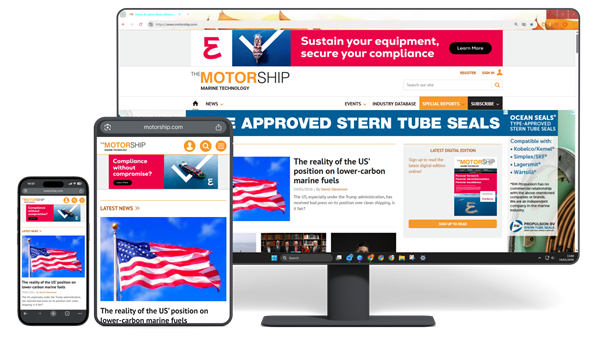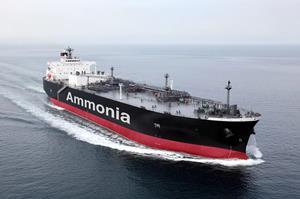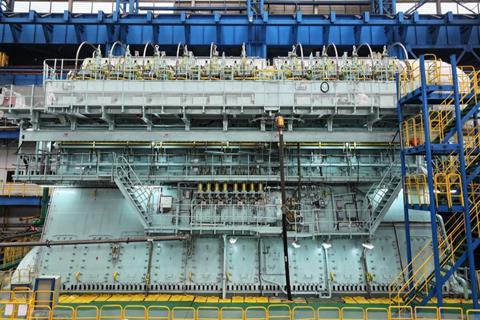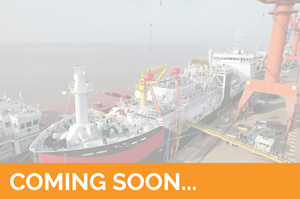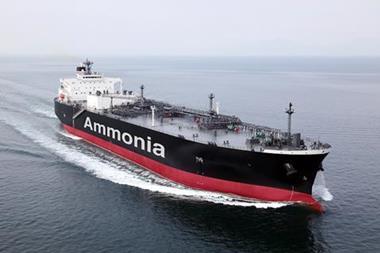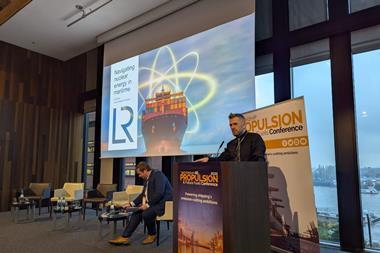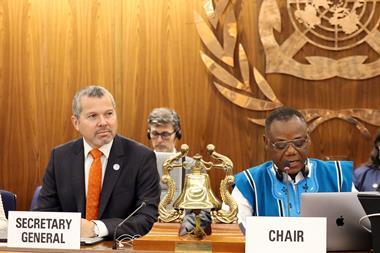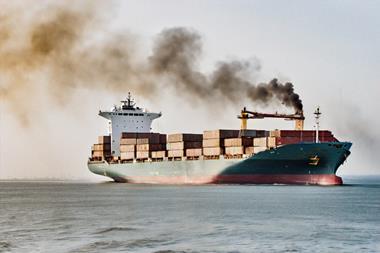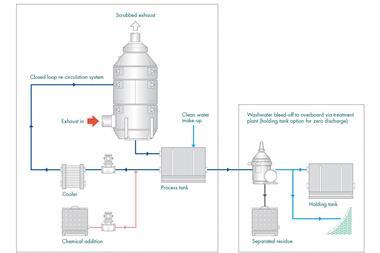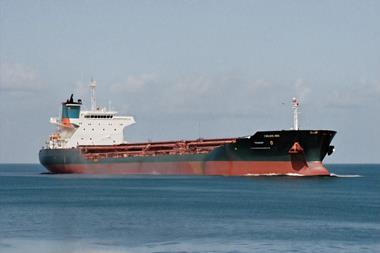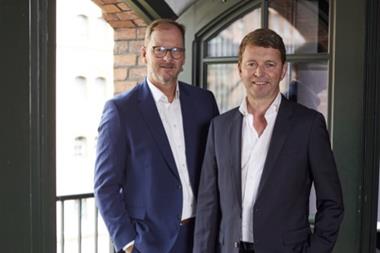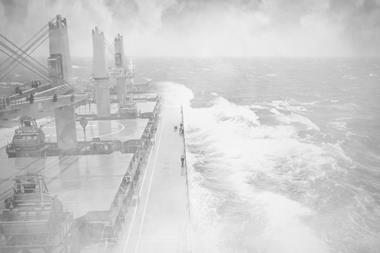The Propulsion and Future Fuels conference in Hamburg opened this year under the shadow of the IMO’s decision to delay implementation of its Net Zero Framework by one year, a move that almost shaped the tone of the entire event.
Sitting on the opening panel were moderator Markus Munz, managing director, VDMA Large Engines, Lars Robert Pedersen, deputy secretary general at BIMCO; Christophe Thiem, director fleet management at Hapag-Lloyd; Pernille Dahlgaard, chief impact officer at the Maersk Mc-Kinney Møller Center for Zero Carbon Shipping; senior German transport ministry official Torsten Mundt; and Maria Skipper Schwenn, director of environmental affairs at Bunker Holding Group. Though each spoke from a different corner of the maritime landscape, their messages overlapped in ways that underscored the significance of the IMO decision.
Pedersen stressed that the IMO’s long-term climate ambition remains intact. The net-zero target is already woven into the organisation’s adopted strategy and is not expected to be watered down. Instead, he noted that the practical reality of the coming years – economic uncertainty, strained markets and uneven political support – means shipping must concentrate on steps that deliver immediate value. Efficiency measures topped the list, saving fuel, reducing exposure to compliance costs and delivering returns without waiting for regulatory clarity. He also cautioned against a rise in unilateral regional measures, arguing that fragmented rules would undermine global shipping at the moment it most needs stability.
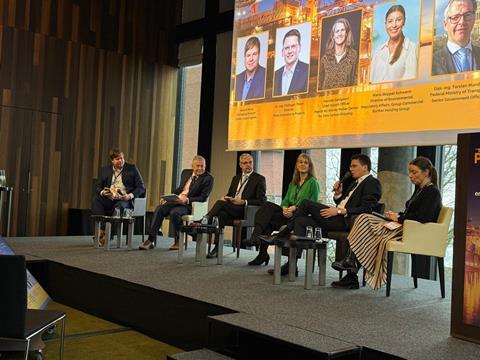
Thiem emphasised the long investment cycles that define the maritime sector. Ships ordered today will still be sailing in 2050, he reminded the audience, and choices about engines, fuel systems and onboard design cannot be deferred. He urged European stakeholders in particular to look ahead rather than rely on legacy approaches, asking whether the solutions of 200 years ago could really guide the industry in the decades to come. The question, he said, is not whether to change but how quickly the sector can align its decisions with the future it wants to serve.
Dahlgaard focused on the work now needed to make the IMO framework operational. The coming year must be used to refine guidelines, strengthen certification pathways and resolve outstanding technical-economic questions. But she also pressed for industry leadership, arguing that climate impacts will not pause for negotiations. Leadership, she said, often depends on those willing to move ahead before consensus fully forms.
Mundt added a government perspective, underscoring that individual action matters alongside regulation. The transition will demand engineering creativity, investment and a willingness to pilot solutions even when the business case is not yet perfect. He spoke of the importance of maintaining a positive, problem-solving mindset, noting how technologies that once appeared marginal can gain momentum quickly when supported by committed early adopters.
Skipper Schwenn closed the panel by emphasising that the delay must not distract from the significance of decisions being taken today. Every choice about engines, fuel readiness and onboard integration will shape the sector’s ability to secure the future energy supply it needs. Without a firm and timely IMO framework, she warned, shipping risks slipping to the back of the global queue for low-carbon molecules, outbid by aviation and road transport, which are more prepared to pay premium prices. She urged the audience to work through industry organisations and directly with governments to demonstrate how much has already been invested and why regulatory certainty is essential for maintaining momentum.
Across the panel, the unifying sentiment was that shipping is unusual among global industries: it is actively calling for stronger international regulation. The IMO’s delay has given the sector a narrow window, not for hesitation, but for alignment. As the vote among conference attendees suggested, support for moving ahead with the Net Zero Framework remains strong. The year gained must now be used to ensure that, when regulation arrives, the industry is ready to meet it.

